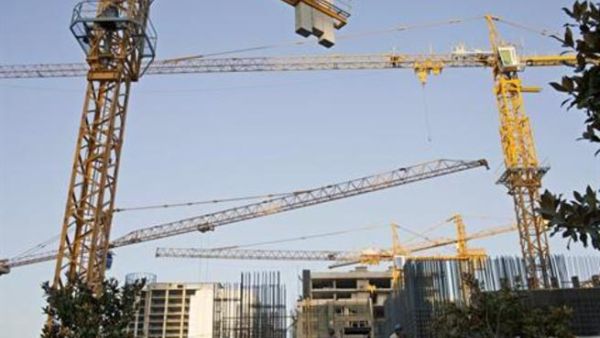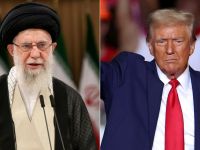Foreign direct investment (FDI) in Egypt jumped in the final quarter of 2011/12, but the business climate is still in a period of recovery, a financial expert has told Ahram Online.
FDI grew 66 per cent in the fourth quarter of the 2011/12 fiscal year compared to the previous quarter, mainly driven by a surge in European investment, according to latest bulletin of Central Bank of Egypt (CBE).
FDI reached $1.9 billion in the quarter ending June 2012, up from $635 million in the quarter ending in March.
This is the highest level of FDI in Egypt since a popular uprising toppled Hosni Mubarak in early 2011.
However, according to one expert the quarterly improvement should not be seen as a full rebound of investment flow to Egypt.
"What we are seeing this quarter and the one before is a release of 'pent up demand' which usually follows periods of decreased spending," Hany Genena, head of research at Cairo-based investment house Pharaohs Holding, said.
Before the uprising Egypt saw an unprecedented influx of FDI, reaching a peak of $13.2 billion net flow in 2007/2008.
"We have not reached the pre-uprising momentum, because there are still some serious risks that worry investors," Genena explained.
The first of these risks, he stressed, relates to the exchange rate of the Egyptian Pound and the possibility of its depreciation. The second is the political and economic environment.
"Investors worry about any sudden change in policy that would shatter their feasibly studies, like a hike in taxes for example.
"So investors now are really selective, while some choose to take the risk others prefer to refrain from entering Egypt until such risks are weathered," he said.
Such a hypothesis is seen in the improved level of FDI over the past two quarters, with flows of investment either through large transactions, such as the Mobinil deal, or a recycling of current investments.
The European Union topped the list of investors in Q4, pumping $4.2 billion into Egypt, up from $2.4 billion in Q3.
The United Kingdom contributed $2.2 billion, followed by Belgium at $1.5 billion and the Netherlands at $309 million.
"The main UK investments in Egypt are in the oil and gas sectors via British Gas and British Petroleum," Genena added.
"This increase is not from fresh investment, but reinvested earnings in existing projects that are counted as FDI," he asserted.
US direct investment in Egypt shrunk in Q4 to $148.7 million from $208 million in Q3.
Arab countries have also reduced their investment in Egypt from $355.8 million in Q3 to $153.8 million in Q4 of the last fiscal year.
CBE reported that the total inflow in Q4 was $4.6 billion against an outflow of $2.7 billion, netting $1.9 billion.








